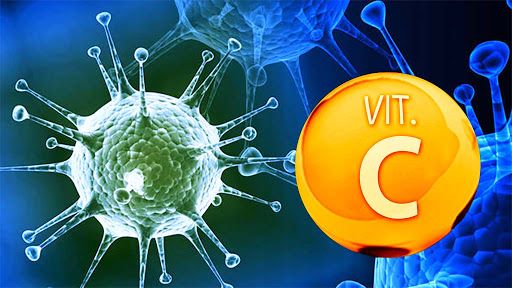New York Hopsitals Treating Critically Ill Coronavirus Patients With Vitamin C

High doses of vitamin C are being administered to critically ill coronavirus patients in New York hospitals.
Giving large doses intravenously was reported to have helped those hit the hardest in China.
The Mail Online reports: Dr Andrew Weber, a Long Island based pulmonologist and critical-care specialist with Northwell Health, shared that he has been immediately giving his intensive-care patients 1,500 milligrams of intravenous vitamin C.
Those patients are then re-administered the doses of the powerful antioxidant three or four times a day, the doctor explained to the New York Post.
Each dose is more than 16 times the daily dietary vitamin allowance of vitamin C advised from the National Institute of Health.
For adult men, the allowance is 90 milligrams, with 75 milligrams recommended for women.
Weber said the regimen is based on experimental treatments administered to coronavirus patients in Shanghai, China.
‘The patients who received vitamin C did significantly better than those who did not get vitamin C,’ he said. ‘It helps a tremendous amount, but it is not highlighted because it’s not a sexy drug.’
Jason Molinet, a spokesman for Northwell, said that Vitamin C is being ‘widely used’ as a coronavirus treatment throughout the health system. He noted, however, that the amount given to patients varies.
‘As the clinician decides,’ Molinet added.
Northwell Health is the state’s largest healthcare provider, with 23 hospitals across New York.
According to Molinet, approximately 700 patients across the hospital network are being treated for the coronavirus. He could not specify how many were receiving vitamin C treatment.
There are now 25,665 cases of the virus in New York, including 14,904 in New York City.
Dr Weber explained that the vitamin C is just one treatment being given to coronavirus patients. They have also received the anti-malaria drug hydroxychloroquine, the antibiotic azithromycin, as well as various biologics and blood thinners.
Patients with coronavirus who suffer sepsis – an inflammatory response that occurs when the body overreacts to the infection – suffer significant drops in vitamin C levels, said Weber.
‘It makes all the sense in the world to try and maintain this level of vitamin C,’ he added.
A clinical trial into the effectiveness of intravenous vitamin C on patients with coronavirus started on February 14 at Zhongnan Hospital in Wuhan, China, the epicenter of the country’s outbreak.
It is expected to be completed at the end of September, according to information on the US National Library of Medicine’s website.



